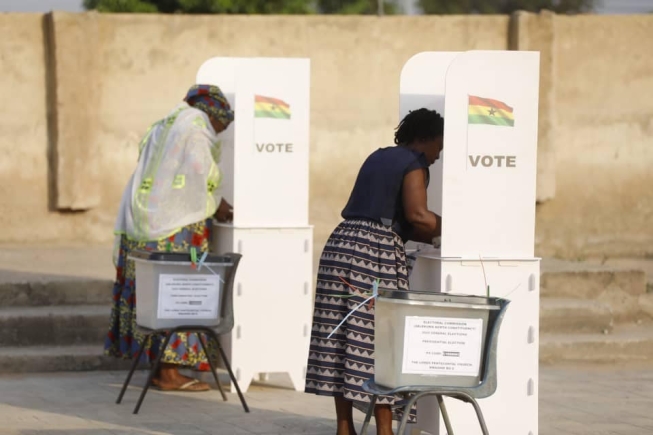
Politics is about the economy
The decisive electoral victory of former President John Dramani Mahama on December 7 underscores a singular narrative: the economy.
Ghanaians have unequivocally voted for economic relief, prioritising bread-and-butter issues over other considerations.
This phenomenon is not unique to Ghana; global events like the pandemic and inflationary pressures have precipitated political upheavals worldwide.
The pandemic's far-reaching consequences have swept numerous governments from power. In the UK, the Labour Party has regained power after a protracted absence. France, the Netherlands, Australia, and Germany have witnessed similar seismic shifts.
Global inflationary pressures, fueled by supply chain disruptions, have led to soaring living costs, prompting voters to exact change.
Likewise in our perculiar circumstances, Ghanaians have borne the brunt of economic hardship, with inflation peaking at 54% – among the world's highest.
The cedi's depreciation and concomitant rise in utility prices (almost 100%) and fuel costs have exacerbated the situation for the oridnary Ghanaian. The domestic debt exchange program, aimed at restructuring government bonds, has left investors reeling.
Despite laudable initiatives like Free SHS, a World Bank reports indicate that Ghanaian workers are worse off today than eight years ago.
In our previous editorials, Graphic Business have had cause to caution that “a hungry man is an angry man” and that while we applaud Government for some laudable initiatives, if the cost of food and basic comforts of life are beyond the reach of the ordinary Ghanaian, nothing will mean more to them.
The electorate's verdict confirms this, that economic stability supersedes other concerns.
Politicians must recognise the economy's primacy in the lives of the ordinary Ghanaian. Infrastructure development, though crucial, means little if citizens struggle to afford basic comforts of life.
Ghana's eight-year political cycle, marked by external shocks and economic rebalancing efforts, underscores the need for proactive measures going into the future.
The incoming government must seize this chance to "reset" the economy as promised. Painful decisions are imperative and the former and incoming President Mahama's experience will be invaluable in this direction.
Perhaps, now is the time to take stock of what needs to be done to insulate the economy from the recurring global shocks and provide solutions, to the critical areas of the economy.
In conclusion, Graphic Business will like to commend the Electoral Commission for the efficient manner with which this year’s elections were conducted.
We also commend the sitting Vice-President, Dr Mahamudu Bawumia, for his swift concession to his political opponent and the manner in which he delivered it.
He has indeed demonstrated his love for the country above all else. Indeed, history will judge him kindly.
Lastly, the incoming government must navigate pressing challenges, prioritising economic stability, development and grassroots concerns of umeployment and equal opportunity for all.
As Graphic Business, we emphasise again the urgency of this task.